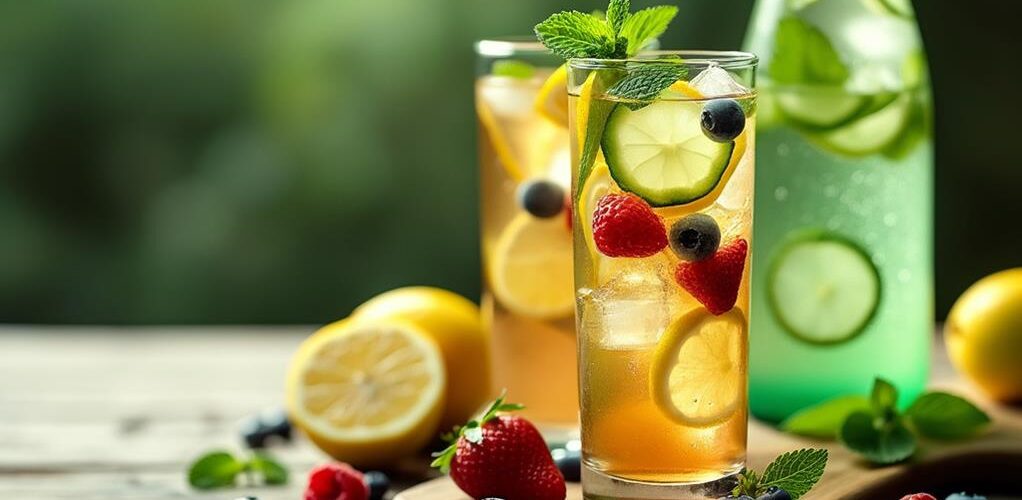
Staying hydrated on a keto diet prioritizes beverages with a low-carbohydrate profile. Water remains the fundamental hydrator, while bone broth offers essential electrolytes and collagen. Sparkling water, with zero calories, and various keto-friendly seltzers contribute to hydration and flavor. Green and black tea provide antioxidants with minimal carbohydrates, and herbal tea infusions offer additional benefits like digestive support. Coffee, especially bulletproof variants, aligns with keto principles, promoting energy via MCT oils. Nut milk alternatives, such as unsweetened almond and macadamia, are nutrient-rich and low in carbs. Exploring these options guarantees adherence to keto with peak hydration.
Key Takeaways
- Water remains the best hydrating option for keto dieters, supporting electrolyte balance and kidney function.
- Bone broth offers hydration and essential electrolytes like sodium and potassium, promoting gut and joint health.
- Sparkling water provides a zero-calorie, carbohydrate-free alternative, enhancing hydration while maintaining ketosis.
- Herbal teas such as chamomile and peppermint offer low-carb hydration with additional health benefits like calming effects.
- Unsweetened nut milks like almond milk provide hydrating, keto-friendly options with minimal carbohydrates and added nutrients.
Water: The Ultimate Hydrator
Water is frequently regarded as the quintessential hydrator, especially for individuals adhering to a ketogenic diet. As a calorie-free and carbohydrate-free beverage, water is particularly advantageous for maintaining ketosis—a metabolic state characterized by reduced carbohydrate intake.
During carbohydrate restriction, the body utilizes stored glycogen, a process that releases water. This underscores the necessity of adequate hydration to replace lost fluids and maintain homeostasis. Proper hydration, coupled with hydration goals of at least 2.5 liters of fluids daily, can also help in managing side effects like the keto flu.
One of the fundamental hydration tips for individuals on a keto diet is to consume at least eight glasses of water daily. This intake supports ideal kidney function, which is vital during the diet's adaptation phase when electrolyte balance may be disrupted.
Additionally, staying properly hydrated can mitigate common dehydration symptoms such as headaches, fatigue, and muscle cramps, often experienced during the initial stages of a ketogenic diet.
Incorporating natural flavor enhancers like lemon or lime can provide a rejuvenating taste to water without introducing significant calories or carbohydrates, thereby sustaining the diet's integrity.
Sparkling Water Options
Sparkling water serves as an ideal zero-calorie, carbohydrate-free beverage for those adhering to a ketogenic diet, with brands such as La Croix, Perrier, and Aura Bora offering a range of flavored options without added sugars.
These beverages not only align with keto dietary guidelines but also contribute to electrolyte balance, essential for maintaining hydration during carbohydrate restriction.
For variety, some keto dieters might explore keto-friendly milk alternatives like unsweetened almond milk or macadamia nut milk in their beverages.
It is critical to avoid tonic water due to its sugar content, ensuring that flavored sparkling waters remain a viable, keto-compliant choice for those seeking carbonated refreshment.
Flavored Keto-Friendly Brands
Within the domain of keto-friendly hydration, flavored sparkling water brands such as La Croix, Spindrift, and Aura Bora have gained prominence for their zero-calorie, zero-carb offerings. These beverages serve as excellent keto soda alternatives, providing the effervescence and flavor often craved by those adhering to a ketogenic diet without the negative impact of sugars or carbohydrates.
La Croix and Spindrift, for instance, offer a spectrum of naturally flavored options that align with low-carb nutritional goals. Meanwhile, Aura Bora distinguishes itself with unique herbal and fruit blends, guaranteeing compliance with keto dietary requirements through the absence of added sugars.
For those seeking flavored electrolyte drinks, these sparkling waters can be augmented with electrolyte drops, which replenish essential minerals often depleted during ketosis. This combination guarantees hydration without the carbohydrate load typically associated with sports drinks.
It is imperative, however, to scrutinize ingredient lists for hidden sugars or high-carb additives, which can inadvertently disrupt ketosis. Additionally, while several brands utilize zero-calorie sweeteners like stevia or erythritol to enhance palatability, consumers should evaluate their personal tolerance to these compounds.
To conclude, these flavored sparkling waters offer a revitalizing, keto-compliant solution for maintaining hydration and enjoyment.
Zero-Calorie Carbonated Choices
Among the array of hydration options available to those adhering to a ketogenic diet, zero-calorie carbonated beverages stand out as a scientifically sound choice. Sparkling water offers a multitude of sparkling benefits, primarily due to its zero-calorie and naturally carb-free composition, which aligns seamlessly with the metabolic demands of ketosis.
Brands such as La Croix and Spindrift have capitalized on this, offering flavored sparkling waters that typically contain no added sugars and maintain a minimal carbohydrate content, often less than 1 gram per serving.
The carbonated nature of these beverages provides a sensory satisfaction that can effectively mitigate cravings for traditional sugary sodas, thereby serving as a palatable and keto-compliant alternative. Additionally, brands like Aura Bora enhance the drinking experience by incorporating unique, natural ingredient-derived flavors, which add variety while adhering to ketogenic principles.
For peak adherence to keto guidelines, it is crucial to follow hydration tips, such as diligently checking labels on flavored sparkling waters. This guarantees there are no hidden sugars or carbohydrates, thereby safeguarding against inadvertent disruption of ketosis.
These beverages, consequently, not only contribute to hydration but also support sustainable dietary adherence.
Green and Black Tea
Green and black tea are exemplary choices for those adhering to a ketogenic diet due to their minimal carbohydrate content, with each cup containing less than 1 gram of carbs. The health benefits of green tea are primarily attributed to its rich antioxidant profile, particularly the catechin EGCG, which has been associated with potential anticancer properties and metabolic support.
Additionally, both teas may contribute to improved cognitive function as part of a ketogenic lifestyle. Black tea, on the other hand, offers a robust flavor and a higher caffeine content, providing a satisfying beverage option without added sugars.
Brewing techniques are essential in maximizing the flavor and health benefits of these teas. For green tea, using water at a temperature of around 80°C (176°F) and steeping for 2-3 minutes preserves its delicate flavors and antioxidant potential. Black tea requires hotter water, around 100°C (212°F), and a longer steeping time of 3-5 minutes for best extraction.
Both teas offer versatility:
- Enjoy them plain or with keto-friendly additives like heavy cream.
- Suitable for hot or iced preparation.
- Contains negligible calories, fitting well into keto macros.
- Provides hydration with a rich flavor profile.
- Can be enhanced with zero-calorie sweeteners if desired.
Keto-Friendly Coffee
Coffee frequently serves as a staple beverage for those adhering to a ketogenic diet due to its negligible carbohydrate and calorie content, making it an ideal choice for enhancing metabolic processes such as fat oxidation. Black coffee, in particular, is nearly calorie- and carb-free, aligning perfectly with keto principles. The coffee benefits extend to the presence of chlorogenic acid, which may contribute to weight loss and improved insulin sensitivity. Additionally, Bulletproof coffee, a popular keto-friendly variant, incorporates unsalted butter and MCT oil, providing essential healthy fats that aid in sustaining energy levels and promoting ketosis.
Various brewing methods can further tailor coffee to individual preferences while maintaining its keto benefits. For instance, adding heavy cream or unsweetened almond milk can enhance flavor without greatly increasing carbohydrate content. However, moderation in caffeine intake is advised, with a recommended limit of 400 mg per day to prevent potential adverse effects.
| Coffee Type | Additives | Keto Benefits |
|---|---|---|
| Black Coffee | None | Minimal carbs, calorie-free |
| Bulletproof Coffee | Butter, MCT oil | Sustained energy, promotes ketosis |
| Espresso | None | High concentration, low carbs |
| Cold Brew | Unsweetened almond milk | Enhanced flavor, low carbs |
| Cappuccino | Heavy cream | Rich taste, minimal carb increase |
Such adjustments guarantee that coffee remains a versatile and beneficial component of the ketogenic diet.
Herbal Tea Varieties

Herbal tea varieties offer an appealing array of low-carbohydrate options that align well with ketogenic dietary principles.
These caffeine-free alternatives, such as chamomile, peppermint, and hibiscus, provide not only diverse flavor profiles but also potential health benefits, including antioxidant properties that may support overall wellness.
While most herbal teas remain carb-friendly, it is advisable to be vigilant about added ingredients that might raise carbohydrate content, thereby ensuring the maintenance of ketosis.
Low-Carb Herbal Options
A multitude of herbal tea varieties offer low-carb options suitable for adherents of the ketogenic diet, with most containing fewer than 1 gram of carbohydrates per cup.
These beverages not only provide hydrating benefits but also come with diverse herbal tea benefits such as calming effects and antioxidant properties. Popular herbal tea varieties like chamomile and hibiscus deliver unique flavors without added sugars, enhancing both wellness and hydration.
When selecting packaged herbal teas, it is essential to scrutinize ingredient lists for added sugars or high-carbohydrate components, such as dried or candied fruit, which can inadvertently increase the carb content.
For peak compliance with ketosis, unsweetened herbal teas remain the superior choice, as they contribute negligible carbs and calories.
Herbal teas can be prepared hot or iced, offering flexibility to suit various taste preferences and seasonal demands. Their adaptability makes them an excellent addition to the keto diet.
- Chamomile Tea: Known for its calming properties.
- Hibiscus Tea: Offers a tart flavor rich in antioxidants.
- Peppermint Tea: Provides a revitalizing, caffeine-free option.
- Rooibos Tea: Contains antioxidants and is naturally sweet.
- Ginger Tea: Supports digestion and imparts a warming sensation.
These low-carb options guarantee that maintaining ketosis is both enjoyable and manageable.
Flavorful Caffeine-Free Choices
Release a spectrum of flavorful caffeine-free choices with herbal tea varieties that align seamlessly with ketogenic dietary principles. Herbal teas, such as chamomile and hibiscus, present naturally low-calorie and low-carb profiles, rendering them ideal caffeine-free options for those adhering to a keto regimen. This is particularly advantageous, as maintaining a state of ketosis requires careful monitoring of carbohydrate intake.
These herbal infusions offer diverse health benefits, including digestive support and relaxation, without the risk of caffeine-induced disruptions. For instance, peppermint tea is noted for its digestive aid properties, while rooibos tea is revered for its anti-inflammatory effects.
These herbal tea benefits can be enjoyed without compromising ketosis, provided that selections are free from added sugars or dried fruit pieces, which can raise carbohydrate levels considerably.
When consumed either hot or iced, herbal teas can be further customized with zero-calorie sweeteners to enhance flavor profiles, maintaining their keto-friendly nature. This versatility makes them suitable for various palates and occasions.
As a result, incorporating these caffeine-free options into a ketogenic lifestyle not only supports hydration but also contributes to overall wellness through their multifaceted health-promoting properties.
Antioxidant-Rich Selections
Building upon the diverse spectrum of flavorful caffeine-free choices, antioxidant-rich selections within herbal tea varieties present a compelling option for those following a ketogenic lifestyle. Herbal teas are crafted from dried flowers, fruits, or herbs, and they are inherently low in calories and carbohydrates, aligning seamlessly with keto dietary protocols.
Tea varieties such as chamomile, hibiscus, and peppermint are not only negligible in carb content but also rich in antioxidants, offering diverse herbal benefits. These antioxidants can potentially reduce inflammation and bolster immune function, contributing to overall health.
To maximize the benefits while adhering to keto guidelines, it is essential to verify the absence of added sugars or dried fruit pieces, which could inadvertently increase carbohydrate intake.
Key considerations for incorporating herbal teas into a ketogenic diet include:
- Chamomile: Known for its calming properties, aiding relaxation and sleep.
- Hibiscus: Offers a tangy flavor and supports cardiovascular health.
- Peppermint: Promotes digestive health and provides a revitalizing taste.
- Rooibos: Contains polyphenols that may enhance heart health.
- Ginger: Provides anti-inflammatory properties and supports digestive wellness.
These herbal tea varieties can be savored either hot or iced, ideally unsweetened, ensuring compliance with keto dietary restrictions.
Nut Milk Alternatives
When considering keto-friendly beverages, nut milk alternatives stand out as excellent options due to their low carbohydrate content and nutritional benefits. Almond milk, for instance, contains merely 1-2 grams of net carbs per cup, making it a staple in many ketogenic diets.
The nut milk benefits extend beyond just low carbohydrates; they also include healthy fats essential for maintaining ketosis. Additionally, almond milk is often fortified with critical micronutrients such as calcium and vitamin D, which aid in bone health and immune function.
Some nut milk alternatives, like unsweetened almond milk, are particularly praised for their low carb content and absence of added sugars, making them ideal for a keto regimen. Nut milk recipes can be diverse, accommodating various palates and dietary preferences. Unsweetened varieties are the most suitable for ketogenic regimens, as they lack added sugars that could disrupt carbohydrate restrictions.
Beyond almond milk, other nut milks like macadamia and hazelnut offer both low-carb content and unique flavor profiles, enhancing smoothies and coffee drinks without compromising dietary goals.
It is imperative to scrutinize product labels, ensuring that nut milk alternatives are devoid of hidden sugars and unnecessary additives that could raise carbohydrate counts.
Low-Carb Protein Shakes
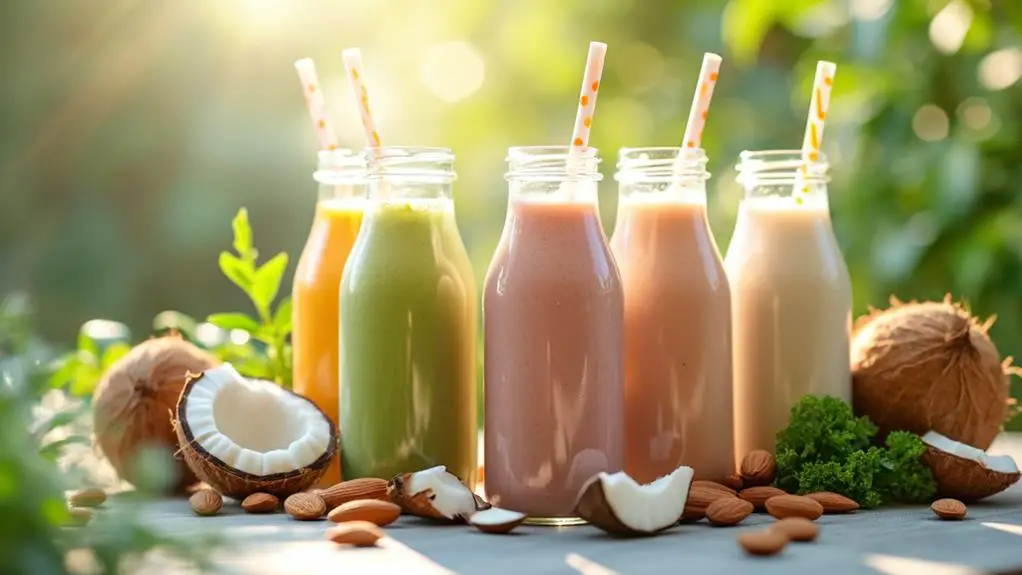
Expanding beyond nut milk alternatives, low-carb protein shakes emerge as a strategic component of the ketogenic diet, offering a pragmatic solution for those seeking to enhance their protein intake without exceeding carbohydrate limitations.
These shakes are meticulously formulated to contain less than 5 grams of net carbohydrates per serving, ensuring adherence to ketosis. They are not only beneficial in maintaining the metabolic state but also essential in satisfying nutritional requirements.
By incorporating high-quality, nutrient-dense protein sources, low-carb protein shakes can effectively support muscle maintenance and overall health. Low-carb protein shakes often incorporate keto-friendly protein powders such as whey or plant-based options, married with unsweetened almond or coconut milk to enhance flavor and texture.
This blend of low carb ingredients provides a delicious yet effective method to quell sweet cravings while delivering essential proteins vital for muscle maintenance and overall health.
Incorporating these shakes into your daily routine can also contribute to hydration, especially when combined with water or unsweetened beverages. For convenience, numerous pre-made options like Atkins shakes are available, lauded for their palatable taste and nutritional balance.
- Tailored for keto dieters with <5g net carbs per serving
- Utilizes keto-friendly protein powder
- Satisfies sweet cravings and boosts protein intake
- Enhances hydration when mixed with water
- Available in pre-made or customizable homemade options
Hard Liquor Choices
When considering hard liquor choices for a ketogenic diet, beverages like vodka, gin, tequila, and whiskey are advantageous due to their zero carbohydrate content, allowing for adherence to ketosis.
It's important to remember that while these spirits are keto-friendly, moderation is key, as excessive intake can impede weight loss.
Additionally, maintaining a proper balance of macronutrients is essential for keto success, so pairing these drinks with zero-carb mixers such as soda water and diet tonic can help you stay on track.
However, it is important to moderate alcohol consumption, as excessive intake can impede weight loss and potentially disrupt metabolic processes associated with ketosis.
Zero-Carb Spirit Options
Indulging in the pleasures of a keto-friendly lifestyle need not mean sacrificing your favorite spirits. Zero-carb spirit options, such as vodka, gin, rum, and whiskey, present an excellent foundation for crafting low carb cocktails that align with your dietary goals.
These hard liquors contain no carbohydrates per 1-ounce serving, making them prime choices for maintaining ketosis without compromising on taste. Spirit pairings can be tailored to individual preferences, allowing for enjoyment neat, on the rocks, or in conjunction with zero-carb mixers like club soda or sparkling water.
Incorporating these spirits into your keto regimen requires attention to detail and moderation. While they offer the flexibility of low carb options, it is essential to understand that alcohol can influence ketosis and hydration levels.
Additionally, vigilance with flavored spirits is advised, as these may harbor sugars that could inadvertently boost carb content. Moderation and label scrutiny are key to ensuring your low-carb lifestyle remains uninterrupted.
Here are some zero-carb spirit highlights:
- Vodka: Versatile and popular for low-carb cocktails.
- Gin: Perfect for classic, invigorating spirit pairings.
- Rum: Opt for unflavored varieties.
- Whiskey: Rich and robust in flavor.
- Tequila: Ideal for a distinct, crisp taste.
Mixing With Zero-Carbs
Crafting keto-friendly cocktails extends beyond selecting zero-carb spirits to mastering the art of mixing with zero-carb ingredients. Hard liquors such as vodka, gin, rum, and whiskey boast zero carbohydrates, positioning them as ideal choices for individuals adhering to a ketogenic diet.
However, the choice of mixers is paramount to maintaining ketosis. Technical mixing techniques involve the utilization of zero-carb mixers such as soda water, unsweetened seltzer, or fresh lemon or lime juice. These elements not only preserve the low-carb integrity of the cocktail recipes but also enhance the sensory profile without compromising ketosis.
For an innovative twist, consider incorporating hard seltzers, which often contain only 0-2 grams of carbohydrates per serving. This can offer an invigorating alternative that aligns with ketogenic dietary parameters.
The art of mixing also necessitates vigilance in label examination to detect hidden sugars often present in flavored mixers or pre-packaged cocktails, ensuring they conform to allowable carbohydrate thresholds.
Moderation and Ketosis Impact
Steering through the intricacies of alcohol consumption on a ketogenic diet requires a nuanced understanding of both moderation and the metabolic implications of hard liquor choices.
Hard liquors like vodka, gin, whiskey, and tequila provide a strategic advantage in drink selection due to their zero carbohydrate content, consequently supporting ketosis. However, the role of alcohol metabolism is critical; excessive intake can impair weight loss and disrupt ketosis by prioritizing alcohol as the primary energy source.
To optimize ketosis while enjoying cocktails, it is recommended to pair hard liquors with sugar-free or low-carb mixers. This approach preserves the low-carb profile essential to a ketogenic lifestyle.
It's imperative to assess each drink choice carefully, as even a seemingly innocuous option like hard seltzers can contain hidden sugars that compromise ketosis.
- Zero carbs: Vodka, gin, whiskey, and tequila are carb-free and keto-friendly.
- Moderation matters: Excessive consumption can hinder ketosis and weight loss.
- Mix wisely: Opt for sugar-free mixers to maintain low carb intake.
- Wine caution: Red and white wines have 2-4 grams of carbs per serving.
- Hidden sugars: Check labels on hard seltzers to avoid unexpected carbs.
In essence, a balanced approach to alcohol consumption can align with ketogenic dietary goals.
Keto-Approved Seltzers
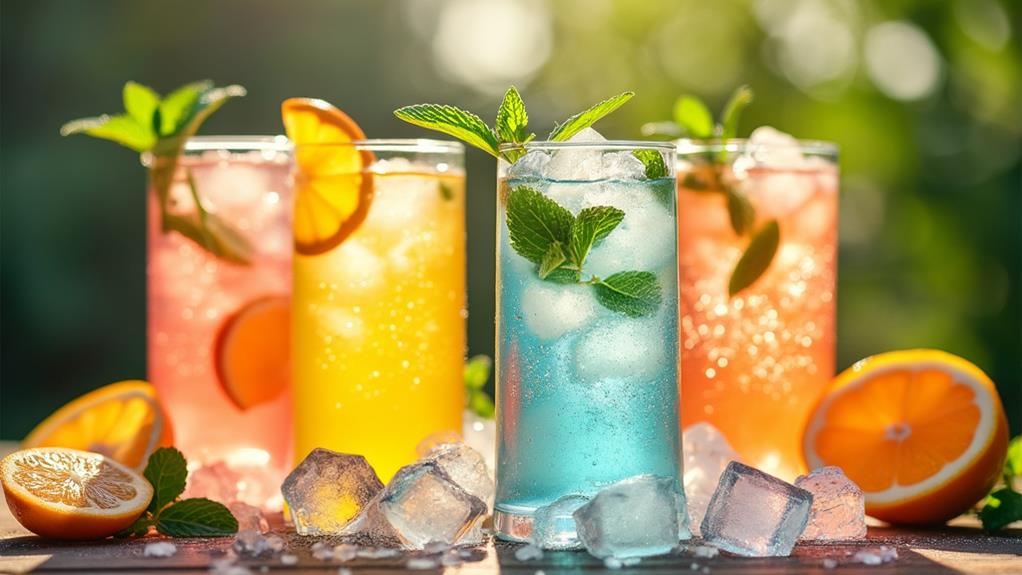
For individuals adhering to a ketogenic diet, keto-approved seltzers offer a compelling hydration solution. These carbonated beverages, such as La Croix and Spindrift, are crafted to maintain zero calories and zero carbohydrates, aligning perfectly with keto dietary restrictions.
The diverse seltzer flavor profiles, ranging from the subtle essence of lime to more exotic blends like those offered by Aura Bora, provide a revitalizing alternative to traditional sugary soft drinks while adhering to ketogenic principles. Additionally, keto-approved seltzers are free from high glycemic index sweeteners like maltodextrin, guaranteeing they do not spike blood sugar levels.
In addition to their appealing flavor variety, keto-approved seltzers confer several health benefits. Their lack of added sugars and artificial sweeteners guarantees that they do not elicit insulin responses, a critical factor in maintaining ketosis. Brands such as Bubly effectively provide unique taste experiences without compromising nutritional standards, offering 0 grams of carbs per serving.
When incorporating seltzers into a ketogenic regimen, it is imperative to scrutinize product labels for hidden sugars or unnecessary additives. This vigilance guarantees compliance with keto guidelines, preserving the integrity of the diet.
Bone Broth Benefits
While keto-approved seltzers offer an excellent way to satisfy carbonated beverage desires without compromising ketosis, another vital component of the ketogenic diet is bone broth, which provides a wealth of nutritional benefits.
Rich in collagen, bone broth delivers essential amino acids that support joint health and enhance skin elasticity. This nutrient-dense beverage is also abundant in electrolytes such as sodium, potassium, and magnesium, fundamental for maintaining hydration and electrolyte balance, particularly during the carbohydrate restriction of the ketogenic diet.
An added advantage is that bone broth's low-calorie profile can contribute to weight loss, a benefit that aligns well with the ketogenic diet's role in reducing blood glucose levels and improving metabolic health.
The collagen benefits of bone broth extend beyond musculoskeletal support. The gelatin content promotes gut health by fortifying the gut lining and aiding digestion, which is particularly advantageous during dietary changes.
Additionally, bone broth's low-calorie profile, approximately 30-50 calories per cup, makes it an ideal choice for those pursuing weight loss goals without sacrificing nutrient intake.
Furthermore, bone broth serves as an effective hydration source, replenishing fluids and supporting metabolic function. Its all-encompassing nutritional profile underscores its role as a valuable addition to a keto regimen.
- Rich in collagen for joint and skin health
- Contains key electrolytes for hydration
- Low-calorie, nutrient-dense drink
- Supports gut health with gelatin
- Promotes overall metabolic function
Frequently Asked Questions
What Are the Best Hydration Drinks for Keto?
Ideal hydration on a keto diet includes water, sparkling water, and nutrient-rich bone broth. Additionally, keto-friendly smoothies and herbal teas provide hydration while supporting electrolyte balance and metabolic enhancement, ensuring both compliance and wellness benefits.
What Is the Best Keto Drink Besides Water?
For individuals adhering to a ketogenic diet, bone broth emerges as an ideal keto-friendly beverage. It is nutrient-dense, rich in electrolytes, and supports hydration. Alternatively, low-carb smoothies offer nutritional benefits while aligning with keto macro requirements.
What Is the Best Drink to Replace Electrolytes on Keto?
The ideal keto electrolyte sources include homemade electrolyte drinks like bone broth, which is rich in essential minerals. Alternatively, electrolyte powders with stevia can be utilized, offering a balanced and effective method to replenish electrolytes during ketosis.
How Do You Rehydrate on Keto?
To effectively rehydrate on a keto diet, prioritize keto hydration tips by consuming electrolyte-rich beverages such as bone broth or electrolyte powders. Additionally, maintain adequate water intake and monitor hydration status to prevent dehydration symptoms.
Conclusion
To summarize, the keto diet necessitates careful selection of beverages to maintain hydration while adhering to carbohydrate restrictions. Water remains the quintessential hydrator, complemented by sparkling water, which provides variety without compromising ketosis. Green and black teas offer antioxidant benefits, while keto-friendly coffee and herbal teas present low-carb options. Low-carb protein shakes and bone broth provide nutritional support, while hard liquor and keto-approved seltzers offer alcoholic alternatives. This diverse array of beverages facilitates hydration and nutritional balance on a ketogenic regimen.
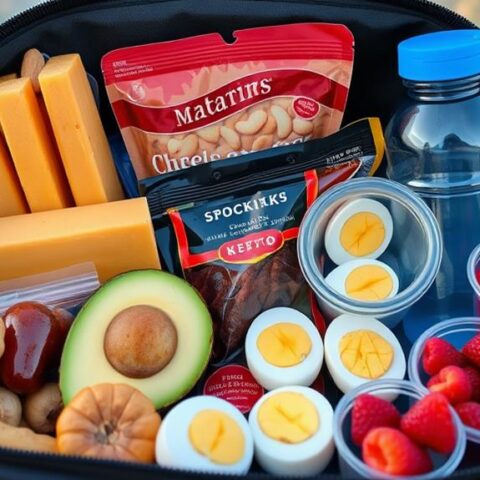
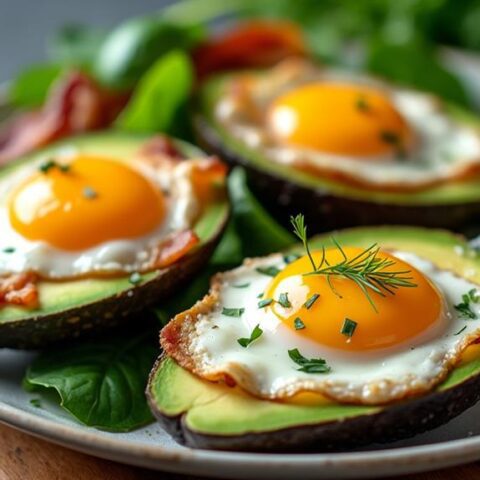
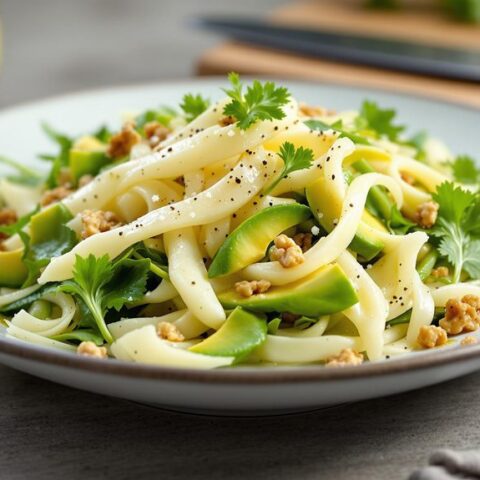
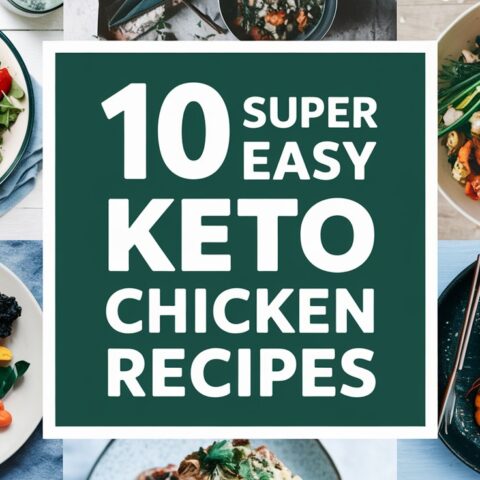
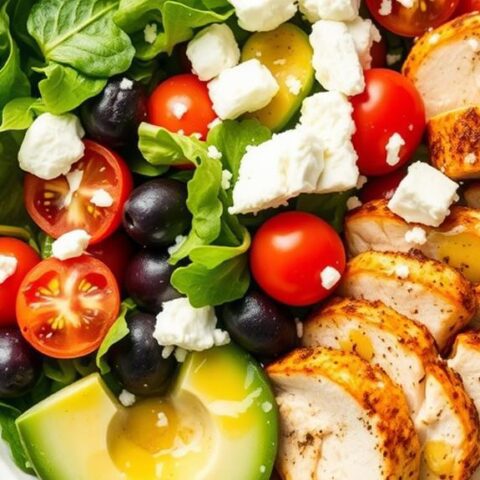
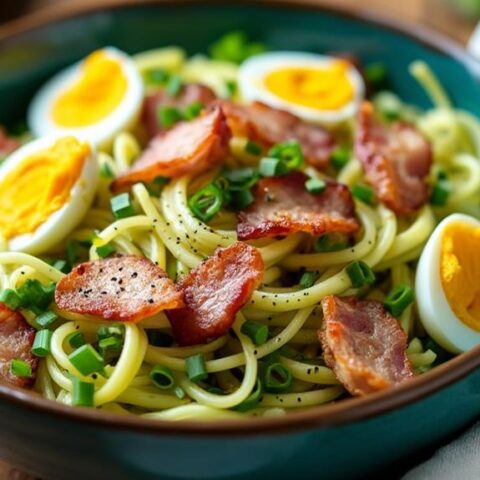




No Comments